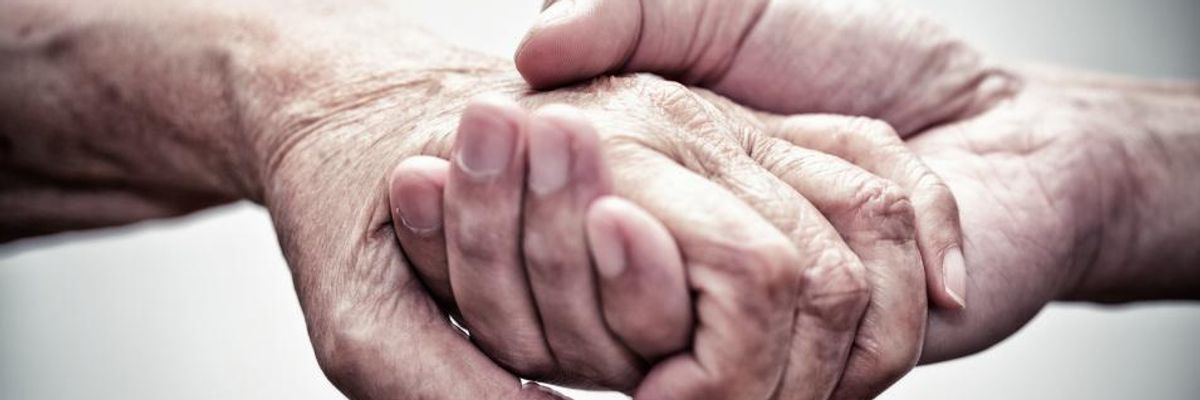She was a mentally challenged woman yelling and cursing at passersby. We were a group of children, teasing and yelling at her. Fortunately, she didn't pay any attention to our bad behavior. That we were children being silly or that the incident happened a long time ago, however, doesn't diminish my responsibility, or my sense of guilt. If anything positive came out of that experience, however, it is that it made me more aware of the suffering of others, particularly those suffering from mental illness.
I thought about this incident that happened so long ago in my hometown in Argentina during a recent visit to my family. I had gone with my brother and two sisters for a short trip out of the city, just to relax and reaffirm our family bonds, so necessary after living apart for almost 50 years, despite yearly visits to my country.
My brother had taken us to a dam located not far from the city, surrounded by beautiful hills where we could have our afternoon tea and chat at leisure. I treasured those moments because they are so rare as to make them very special to me.
We were walking towards a restaurant located on the side of a lake when I saw a young man - probably in his late twenties - sitting on a mound next to a woman, whom I assumed was in her early fifties. My attention was drawn to him since he was obviously mentally incapacitated. He had the look of a lost person and was constantly and aimlessly moving his arms around as if chasing invisible flies.
I thought about the tremendous weight that mental disease places in all societies, and how there is practically no family that is not - directly or indirectly - affected by it. At the family level, mental illness also places a heavy burden, particularly on the caregivers, who have to devote considerable time and energy to those affected. In this regard, several studies have shown how the longtime stress of caregiving results in increased rates of depression, alcoholism, medication, and substance abuse, particularly among family members who care for relatives affected with mental illness.
Despite the high frequency of those affected with some kind of mental illness, which can be roughly estimated to be between 15 to 25% of the population in most countries, there is still considerable prejudice against those suffering from them, even in the most developed countries.
A study commissioned by the Time to Change campaign, an umbrella group of charities and the Institute of Psychiatry in England, surveyed 2,000 users of mental health services across the country. The study showed that admitting to a mental health condition was even harder than admitting to having a drinking problem or going bankrupt.
According to the World Health Organization (WHO), stigma, discrimination, and neglect prevent care and treatment from reaching people affected with mental disorders. Looking at the disheveled young man with his odd behavior, I could see why people find this situation difficult to accept.
Mental illness, however, is not the result of personal weakness, and no matter how much people may try to ignore it, it is not going to go away or be resolved by itself. Like cardiovascular problems or diabetes, mental illness is a response to genetic, biological and environmental causes, and requires understanding and treatment. Many of these diseases can now be treated effectively.
We continued on our way to the restaurant where we had a most pleasant afternoon sharing family news, jokes and talking about our respective activities. It was getting late in the afternoon and, although it had been an unusually mild winter's day, it was becoming a bit chilly, so we retraced our steps and went to fetch our car.
As we were going back I could again see the young man and the woman standing close to him. She was sitting quietly looking out into the horizon. Her whole presence irradiated peace. It seemed to me as if there was a protective current that went from her and enveloped the young man. I felt the need to tell her something, thinking that there was a connection between her and the young man sitting close to her. I couldn't think of anything special to tell her so I just said: "You have a lot of patience." She looked at me, then she looked at the young man, and responded: "I have to. He is my son."




